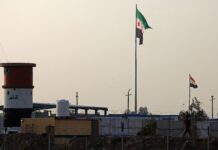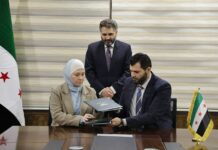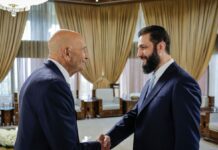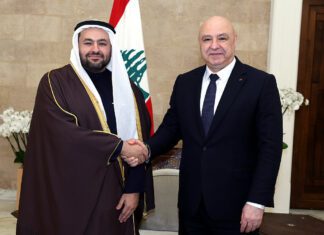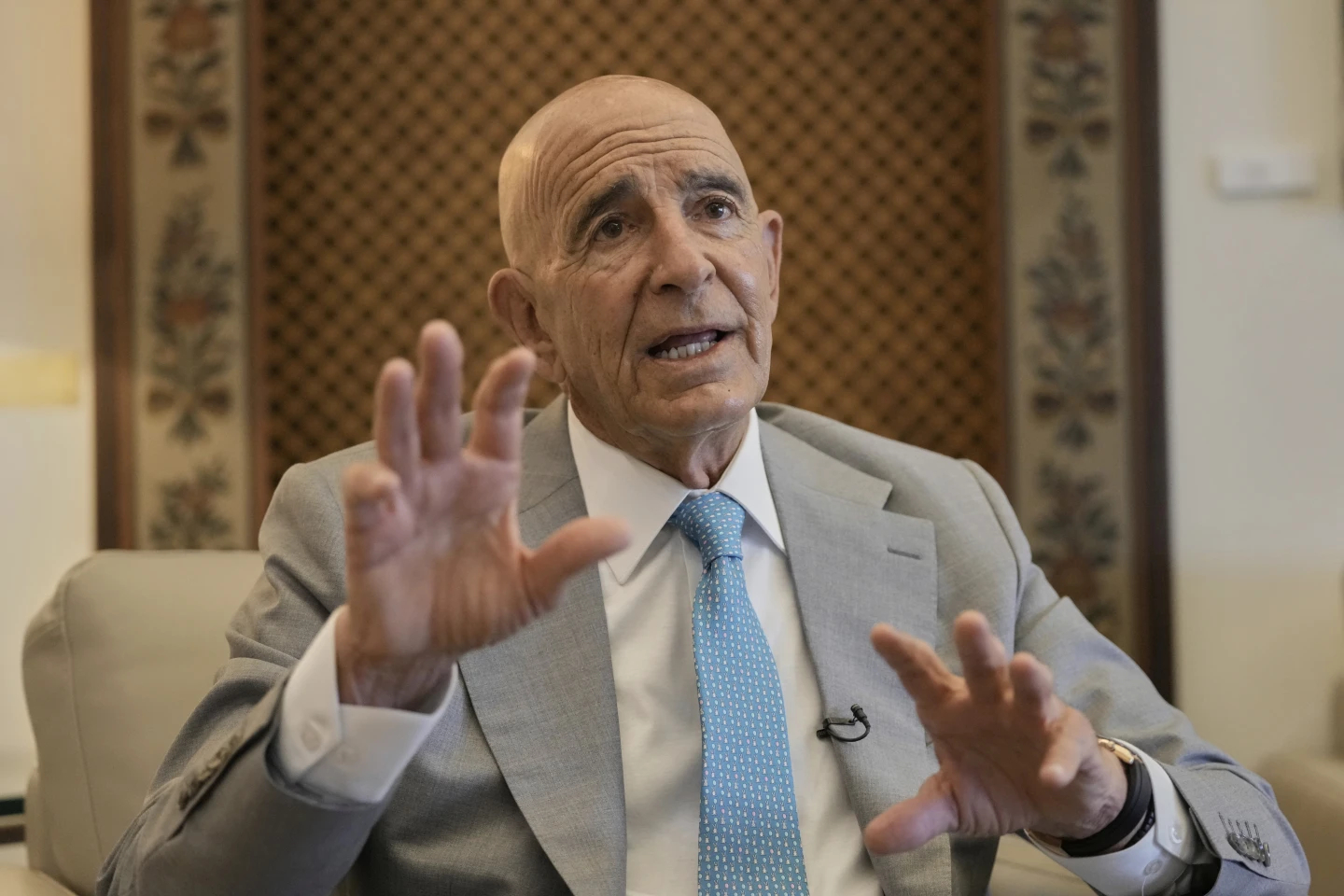
As violence between Druze militias and Bedouin tribes escalated in Syria’s southern Suwayda province, international responses highlighted growing divisions over Israeli intervention and emerging consensus on preserving Syrian unity.
US Special Envoy to Syria Thomas Barrack reaffirmed Washington’s support for the Syrian government’s efforts to stabilize the region. In an AP interview, Barrack said, “There is no Plan B,” describing cooperation with Damascus as the only viable path toward unifying Syria after nearly 14 years of war.
Barrack commended the Syrian government for “acting as best it can” with limited resources, while calling on Damascus to “assume its responsibilities” and hold those accountable for recent violations. He described the violence in Suwayda as “terrifying and unthinkable,” but emphasized the importance of continuing dialogue and integration of minority groups into the national framework.
Israeli Strikes Complicate Ceasefire Efforts
Barrack criticized Israel’s recent military intervention, which included air raids on Suwayda and central Damascus. “The Israeli intervention came at a very bad time,” he said, noting that the US was neither consulted nor involved. He warned Israel’s actions “created another very confusing chapter” that undermined ceasefire negotiations.
Despite US-brokered ceasefire efforts, Barrack suggested Israel preferred a fragmented Syria, stating, “Strong Arab states are seen as a threat by Israel,” but added that “minorities in Syria have come to realize that unity under a central state is better for their future.”
Israeli officials, including Defense Minister Yisrael Katz, defended the strikes, saying the attacks were “correct and responsible,”. Prime Minister Benjamin Netanyahu echoed this position, stating that Israel would ”Not allow the Syrian regime to harm the Druze.”
Turkey and Britain Align With Diplomatic Track
Turkish President Recep Erdogan accused Israel of obstructing stabilization efforts. Speaking to reporters on July 21, Erdogan said Israel “believes a unified Syria is not in its interest,” and alleged that one Druze faction in Suwayda was cooperating directly with Israel. He praised Syrian President Ahmad al-Sharaa for maintaining a firm stance and pledged continued Turkish support for Syrian sovereignty.
Turkish Foreign Minister Hakan Fidan, in coordination with Jordanian officials, emphasized regional opposition to any efforts to divide Syria. Fidan reaffirmed Turkey’s backing for the Syrian government’s ceasefire implementation, which began with the deployment of security forces and the opening of humanitarian corridors.
British Foreign Secretary David Lammy also voiced concern over Israeli airstrikes and called for accountability following civilian deaths in Suwayda. He told Parliament UK support for Syrian stability remains rooted in national interests, including counterterrorism and managing migration flows.
Syria Seeks National Reconciliation
Syrian Information Minister Hamza al-Mustafa blamed “foreign-aligned factions” and Israeli intervention for prolonging the crisis. He reaffirmed that the state is committed to restoring order through phased ceasefire implementation and the revitalization of public institutions.
“The Syrian people have always rejected sectarian cantons,” Mustafa said in an interview with Al Jazeera, stressing that Suwayda remains an integral part of the Syrian nation.
With regional and global powers now focused on de-escalation, the future of Suwayda may depend on whether foreign interference yields to a unified national agenda.

